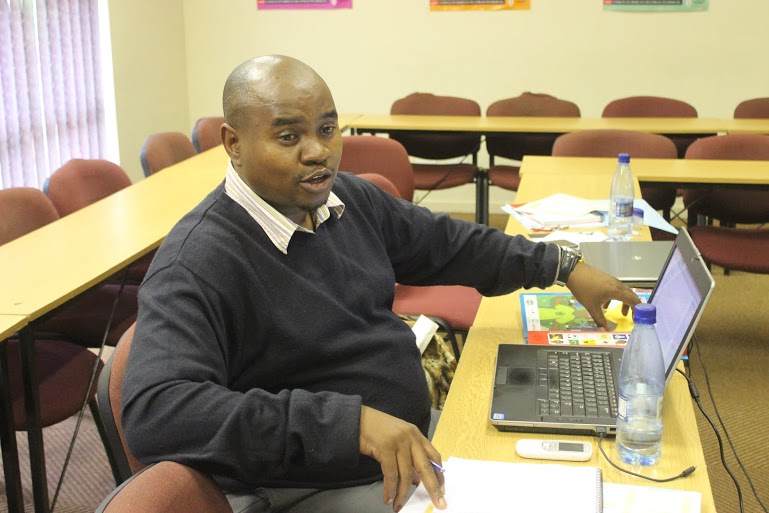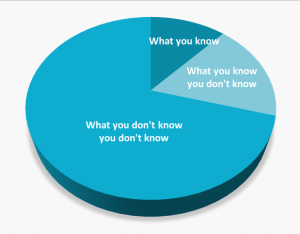A Business Plan is a plan used to secure funding for a new SBCC product, service or intervention to be offered by the organization, or to expand current products, services or interventions to new or larger markets. It includes projections of the estimated financial and social return for the development and introduction of the new SBCC product, service or intervention. Business planning is the vehicle used to attract funding for the new SBCC product, service or intervention, or expansion efforts. The business plan centers on a new business opportunity that makes it possible for your organization to serve your clients in dramatically new ways.
A business plan can also be based on the ideas and opportunities that emerge from your Strategic Plan, as long as you have a motivated and dedicated team capable of drafting a compelling business plan.
Through funded business plans, organizations can gain a competitive edge in the growing field of organizations seeking to diversify their funding streams. Over time, these organizations can apply business-like thinking to become market innovators in health.
This approach to business planning builds upon three critical observations:
1 Money follows good ideas. Both research and experience show that there is more money available than there are good ideas for its use. Funders and investors want to fund innovative ideas that will make a difference. Too often, however, they are presented with ideas that are not innovative, are poorly articulated or cannot demonstrate a direct relationship between the investment and the results.
2Funders and investors want their money to make a difference in the lives of the underserved. Every funder or investor wants to see a return on his or her investment. Those who fund social initiatives are no different-they want to see that their money is having a direct impact on the lives of the target population.
3The best ideas are the ones generated by an organization to respond to its clients' needs. Often, ideas proposed by nongovernmental organizations (NGOs) and private voluntary organizations (PVOs) are partially initiated by donors and other external parties and are simply adapted by the organization to obtain funds. In this Business Planning for Health program, participating organizations learn to generate ideas based on client needs, rather than adapt ideas based on donor priorities.
This portion of the Resource Mobilization I-Kit is designed to help you "think outside the box" to generate the new, breakthrough ideas and business opportunities that will attract investors. The program will encourage you to cast aside old and familiar ways of thinking and ask new questions that will give you a fresh perspective on the issues that your organization is trying to address. This requires you to recognize that, although you know a great deal about these issues, there is a great deal you don't know.
The Pie of Ignorance Model (Landmark Education, Corp.) depicts just how much there is to learn about the needs of client populations.




No Comments